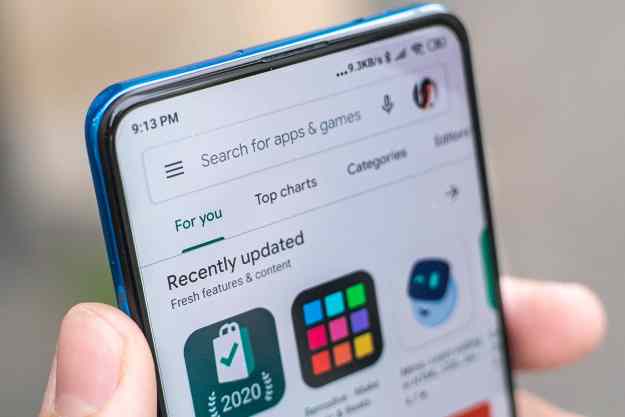
The information will be used by Google to place an “Ads” label on the relevant apps, in much the same way it does with apps that have in-app purchases right now. The system is an evolution of that, and the scheme used for Google’s Designed for Families program, which was announced earlier this year.
According to the email, there are no ad restrictions like those for apps in Designed for Families, where certain types of advertising are banned. However, it’s still important for developers to let Google know about ads in their apps, because if they don’t — or decide to lie about the presence of ads — they could be suspended from the store. In the future, developers wanting to update ads will have to provide the information to Google anyway.
Even then, Google’s not leaving it to chance, and will be checking apps for advertising itself, then slapping the label on the page if it deems it suitable. Developers will have the chance to appeal if this is incorrect. Google has put January 11 2016 down as the deadline for developers, so we should see the changes come into effect shortly after this date.
The news comes at the same time Google Play is going through a variety of changes. An ongoing redesign continues to capture attention as it begins to reach more visitors, there’s a new storefront page for developers to highlight their best apps, and a new comics section has been added to an overhauled Goole Play Books app.
Editors' Recommendations
- Google Messages vs. Samsung Messages: Which app should you use?
- Google is paying a $700 million fine, and you’re getting some of it
- Don’t listen to billionaires like Elon Musk — app stores are fantastic
- App subscription fatigue is quickly ruining my smartphone
- App developers get relief from Google tax in one of Android’s biggest markets



